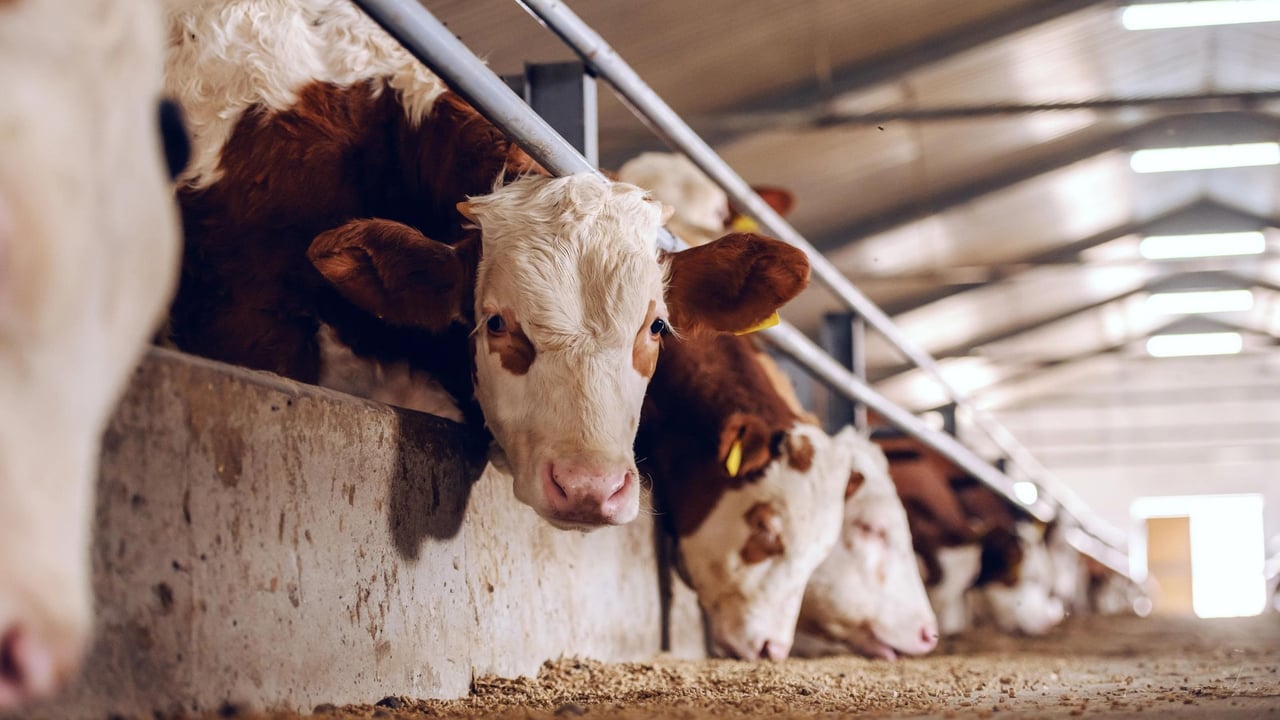In 2018, McDonald’s committed to setting antibiotic reduction targets across 85% of its global beef supply chain by the end of 2020. But the company still has not set these promised targets and has indicated it may no longer do it at all, allowing the threat of antibiotic resistance from factory farms to continue unabated.
As McDonald’s is the world’s largest producer of beef, its influence on these commitments can push better animal welfare standards, help curb the global health crisis of antibiotic-resistant “superbugs,” and create an opportunity to push the industry towards more sustainable farming solutions.
Superbugs are a growing issue that threatens our public health, food security, and the lives of animals we are working to protect. The overuse of antibiotics in livestock has become standard practice in factory farms, driving higher rates of superbugs. They are given continuously in the animals' feed and water as well as by injection because their health and immune systems are compromised by the stressful, crowded living conditions and rapid growth demands on factory farms. The bacteria that can withstand the antibiotic's attack rapidly reproduce, creating more and more resistant bacteria. These superbugs are carried from farms into the environment through air and water, and into our homes on the meat we purchase.
750,000 people die each year from infections that cannot be treated by antibiotics. Experts estimate that a continued rise in resistance will lead to an annual death rate of 10 million by 2050.
We must act now to end the overuse of these antibiotics and improve animal welfare standards across the industry.
World Animal Protection and a coalition of other advocacy groups delivered a collection of signatures to McDonald’s on February 8, 2022, urging them to reevaluate their practices. You can still use your voice to pressure McDonald's to adhere to its original promise of ending antibiotic overuse in its meat production.
